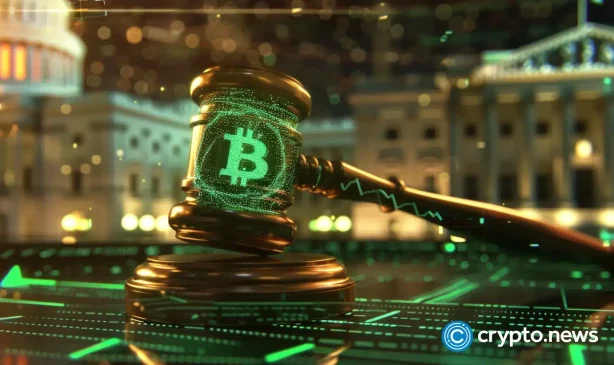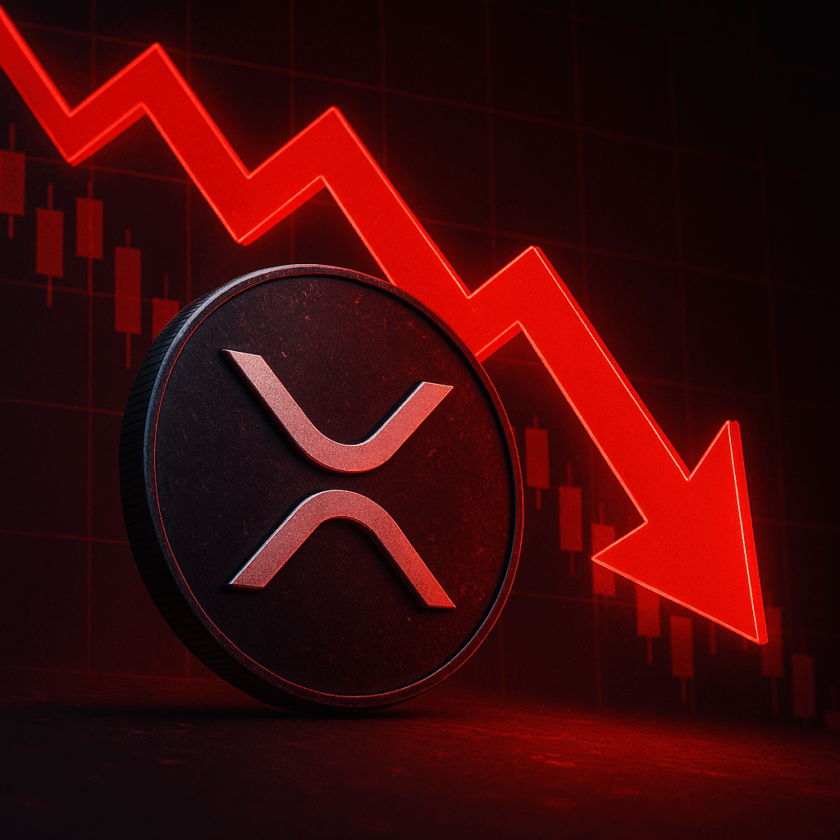Joe Biden administration’s ongoing efforts to deny cryptocurrency companies access to banking services have become known as Choke Point 2.0.
Operation Choke Point Background
Introduced by former president Barack Obama’s administration in 2013, Operation Choke Point was intended to combat fraud and illegal activity by denying criminals access to the banking system.
By forcing financial institutions to cut ties with high-risk businesses, regulators hoped to “choke off” how illicit actors could continue to fund their operations.
Despite the good intentions, there were concerns in the community that legitimate businesses were being unfairly targeted.
The program ended in August 2017, when the Department of Justice announced that the Obama administration’s operation was officially ending, claiming that it was harming legitimate businesses instead of preventing fraud as intended.
What is known about Choke Point 2.0
Venture capitalist Nic Carter first announced the start of Choke Point 2.0 in early 2023, following a series of moves by the Biden administration to isolate the crypto industry from the banking sector.
In his Feb. 8, 2023 article, Carter discusses how small movements have become a sophisticated, large-scale crackdown on the crypto industry.
For example, the presidential administration has launched a coordinated plan across multiple agencies to discourage banks from doing business with crypto firms. The government’s efforts have targeted both traditional banks that will serve crypto clients and crypto firms seeking banking licenses.
Key Features
Carter noted that the fate of banks showing even the slightest interest in cryptocurrencies remains hopeless at the moment. Many financial institutions refuse to work with cryptocurrency, calling it “toxic” and citing the risks of interacting with this asset class.
In listing the consequences of ill-considered policies, Carter cited several examples, including Signature Bank’s significant reduction in the volume of cryptocurrency deposits, the closure of the cryptocurrency department at Metropolitan Commercial Bank, the investigation into Silvergate in connection with the management of accounts of the infamous Alameda Research, and Binance’s suspension of U.S. dollar bank transfers for retail clients.
The pressure from banking regulators was primarily due to the collapse of the FTX crypto exchange and its aftermath. This has pushed them to look for ways to avoid another such collapse. FTX, as an offshore exchange, was not directly supervised by financial regulators, so it was outside their direct auspices.
Carter noted that if they can cut off access to fiat money, they can marginalize the industry within and outside the country without directly regulating it:
In 2.0, everything is happening in plain sight, in the form of rulemaking, written guidance, and blogs.
Choke Point 2.0 chronology
- On Dec. 6, 2022, senators Elizabeth Warren, John Kennedy, and Roger Marshall sent a letter to Silvergate. The letter criticized the bank for providing services to FTX and Alameda and accused it of failing to disclose suspicious activity related to these clients.
- On Dec. 7, 2022, Signature Bank announced it would halve its customer crypto deposits from $23 billion at its peak to $10 billion to exit its stablecoin business.
- On Jan. 3, 2023, the Fed, Federal Deposit Insurance Corporation (FDIC), and Office of the Comptroller of the Currency (OCC) issued a joint statement on the risks to banks dealing with cryptocurrency. They did not explicitly prohibit banks from holding cryptocurrency or dealing with crypto clients. However, they strongly discouraged them from doing so.
- On Jan. 9, 2023, Metropolitan Commercial Bank announced it was shutting down its crypto asset vertical entirely.
- On Jan. 21, 2023, crypto exchange Binance announced that Signature Bank would only process user transactions over $100,000 as it scales back its digital asset market exposure.
- On Jan. 27, 2023, the Federal Reserve rejected crypto bank Custodia’s two-year application to join the Federal Reserve System, citing “safety and soundness” risks.
- On Feb. 2, 2023, the Justice Department’s Fraud Section announced an investigation into Silvergate over its dealings with FTX and Alameda.
- On Feb. 6, 2023, Binance suspended USD bank transfers for retail customers.
- On Feb. 7, 2023, the Fed’s Jan. 27 statement was filed in the federal register, turning the policy statement into a final rule without congressional review or a public notice and comment period. Banks were aware that public blockchain exposure was considered unacceptably risky.
A month after Carter’s article was published, Silvergate Bank went out of business. It was shut down due to systemic risks following the closure of Silicon Valley Bank (SVB).
Is the crypto industry still experiencing Operation Choke Point 2.0?
Operation Choke Point 2.0 is picking up where the original project left off. This modernized version aims to achieve similar results by forcing banks and lenders to cut financing and other financial services to industries deemed high-risk.
The increased regulatory attention to the crypto industry in recent years fits well with the concept of Operation Choke Point 2.0, according to which U.S. regulators are trying to make it as difficult as possible to access crypto through traditional financial platforms and instruments.
In particular, the U.S. Securities and Exchange Commission has stepped up its efforts to regulate and crack down on crypto companies that do not comply with securities laws.
One example of the so-called Operation Choke Point 2.0 is Staff Accounting Bulletin 121, issued by the SEC in April 2022. The document contains recommendations for storing cryptocurrencies. In particular, banks must reflect them on their balance sheets. This makes the process expensive and limits the ability of institutions to provide custodial services on a large scale.
Since the beginning of 2024, U.S. government officials have repeatedly asked to soften the document’s provisions. At the same time, Biden vetoed SAB 121 in June, stating that his administration would not support measures that threaten the well-being of consumers and investors.
At the same time, citing sources in the department, Bloomberg reported that SEC employees began distributing recommendations among institutions and brokers on how to avoid reflecting cryptocurrencies on their balance sheets by the regulator’s rules. According to the agency’s source, several large banks have received the “green light” to bypass the regulations starting in 2023, ensuring the protection of clients’ assets in the event of bankruptcy.
Should Operation Choke Point 2.0 be completed?
Experts believe that trying to hinder the development of decentralized technologies in the U.S., which leads the world in technical innovation, is tantamount to treason. Max Sultakov, CEO at Yona Network, in conversation with crypto.news said:
Overall, hidden regulations that bypass legal procedures through the manipulation of banking rules are a scourge in today’s U.S. and Western countries. They are betraying their ideals for short-term gains. On the other hand, each such case only deepens the understanding of the importance of decentralized and permissionless finance powered by blockchain technology that we are building today.
U.S. presidential candidate Donald Trump also said that if elected, he would stop the suppression of Bitcoin (BTC).
He opposes Operation Choke Point 2.0, implemented by the current government, and promises to immediately stop it to ensure a level playing field for Bitcoin and financial technology companies:
As President, I will immediately shut down Operation Choke Point 2.0.
However, Trump’s words that he would fire SEC head Gary Gensler, appointed by Biden, on the very first day of his presidential term received the most significant response from the audience. At that moment, the audience began chanting Trump’s name. Gensler is known for his tough stance on the crypto industry and supports Operation Choke Point 2.0.
Thus, Trump’s speech at the conference gave hope that Operation Choke Point 2.0 could soon be over.



